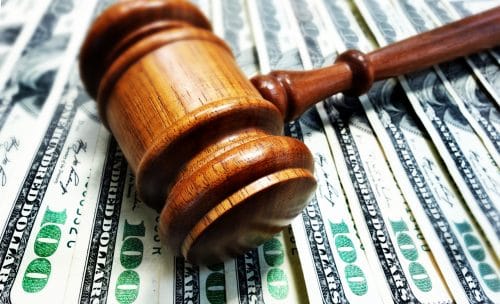Considering pursuing a personal injury claim? Learn about 5 possible ways your case could turn out.

Personal injury cases may be filed on a variety of grounds by individuals who have been hurt by the recklessness or negligence of another party. There are 5 possible ways that such cases can turn out:
The Case is Dropped/Dismissed
Sometimes, a plaintiff may file a personal injury claim, only to decide later that they do not wish to pursue it for some reason. For example, maybe they realize that a key piece of evidence is weak and they have no chance of winning. In this situation, the plaintiff can drop the case. Alternatively, the defendant may succeed in having the case dismissed if they can show that there is some kind of flaw with the plaintiff’s claim. For example, if the statute of limitations has expired or there is no legal grounds for liability, the defendant can file a motion to have the case dismissed. Either way, the end result is that the plaintiff does not receive any compensation.
The Case is Settled Before Trial
The most common way for a personal injury case to get resolved is in pre-trial settlement negotiations. This allows both sides to avoid the delays and costs of litigation. The amount of compensation agreed on in a settlement may be lower than what could have been won in court, but the advantage is that there is no risk of the plaintiff losing the case at trial and receiving nothing. By accepting a settlement offer, the plaintiff forfeits their right to any further legal action against the defendant.
The Plaintiff Wins
If a case proceeds to trial and the plaintiff wins, this means the court has officially found the defendant liable. The court will then award the plaintiff whatever amount of damages the judge and jury deem fair. This is not always the same amount of damages that the plaintiff was seeking in their initial claim.
The Defendant Wins
If the defendant wins at trial, the plaintiff obviously receives nothing. Depending on the circumstances and the jurisdiction where the case was tried, the plaintiff may be required to pay some of the defendant’s costs. This may include court filing fees, service process fees, witness fees, and even attorney fees. However, in most cases they will not have to pay their own attorney anything, since personal injury attorneys typically take cases on a contingency fee basis and only get paid if their client receives compensation.
The Case is Appealed
The verdicts of trial courts are always presumed to be correct. However, if the plaintiff or the defendant believes there was an error in the initial ruling, they can file an appeal. Appeals are rather rare in personal injury cases due to the high standard of proof required to show that the lower court made an error.
Need Help with a Personal Injury Case?
If you have been injured in an accident that was not your fault and you are interested in taking legal action to secure compensation, call The Law Offices of Larry H. Parker at 800-333-0000. We offer free consultations to all prospective clients plus no-risk representation to individuals with strong legal grounds for a claim.



